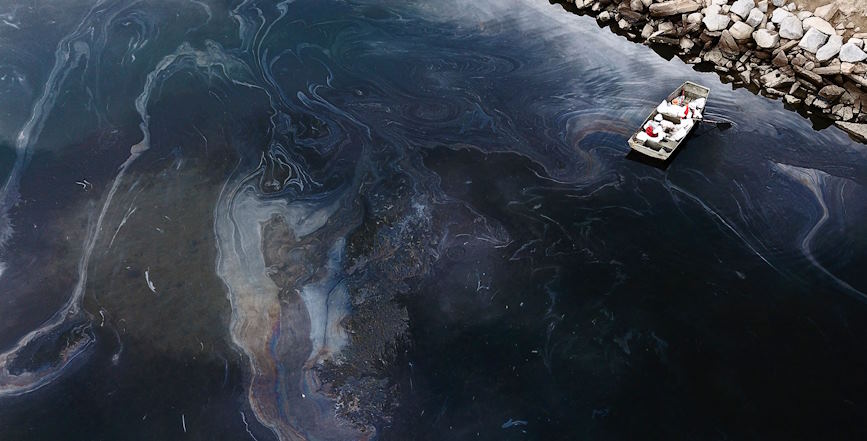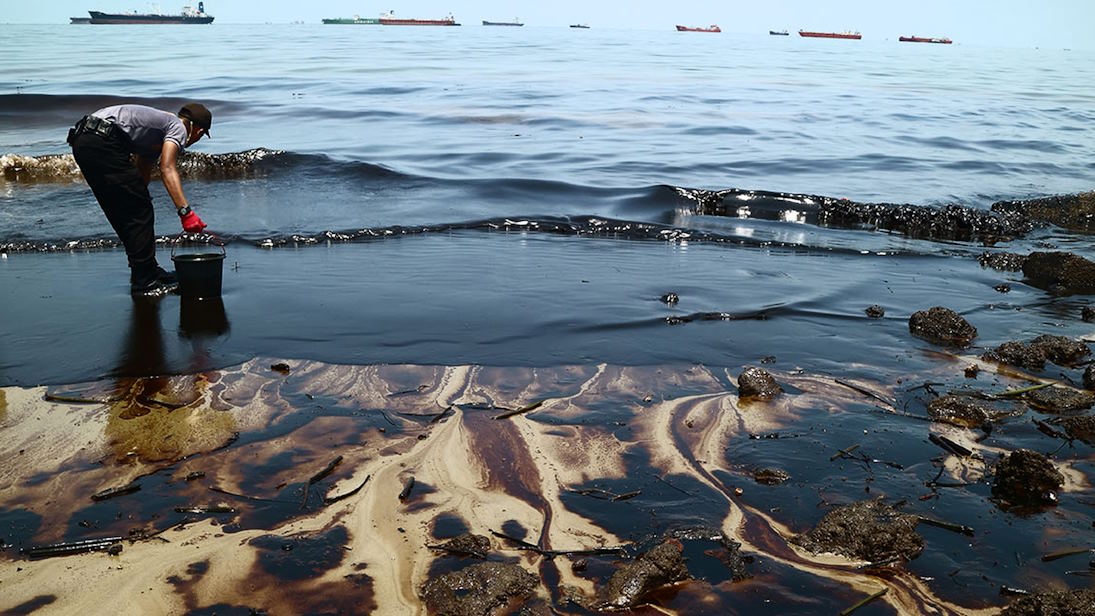
The Economics of Oil Spill Cleanup: Costs, Challenges, and Trade-offs
Oil spills can wreak havoc on the environment, but the economic aspects of cleaning them up are equally important. In this article, we will delve into the economics of oil spill cleanup, examining the costs, challenges, and trade-offs involved in devising effective cleanup strategies.
The Economic Challenges of Large-Scale Oil Spill Remediation Projects
- Massive Cleanup Expenses
Cleaning up a major oil spill can be an astronomically expensive endeavor. Costs encompass manpower, equipment, and resources, often running into billions of dollars.
- Long-Term Economic Impact
The economic consequences of an oil spill extend far beyond the immediate cleanup costs. Affected communities can experience losses in tourism, fisheries, and property values, leading to long-term economic hardship.

Economic Trade-offs in Oil Spill Cleanup Strategies
- Fast vs. Thorough Cleanup
One trade-off involves the speed of cleanup versus its thoroughness. A rapid response may mitigate short-term damage but could entail higher costs, while a more comprehensive cleanup may be slower and more expensive.
- Choosing Cleanup Techniques
Selecting the appropriate cleanup methods involves economic considerations. Some methods, like mechanical cleanup, may be cost-effective but have limitations in certain situations.
Calculating Oil Spill Cleanup Expenses
In addressing oil spill economics, we must not forget the invaluable environmental resources at stake. Balancing economic considerations with ecological preservation is a complex task, but it is essential to ensure a sustainable and prosperous future for both our economies and our environment.
- Direct Costs
Direct expenses include the cost of equipment, labor, and materials used in cleanup efforts. These costs can vary widely depending on the spill’s size and location.

- Indirect Costs
Indirect costs encompass the economic impact on affected communities and industries. These may include lost revenue for fisheries, reduced property values, and decreased tourism income.
- Environmental Costs
Calculating environmental restoration costs adds another layer to the economic equation. Rehabilitating ecosystems and wildlife can be a substantial long-term expense.
The economics of oil spill cleanup are multifaceted, involving a delicate balance between immediate costs, long-term economic impact, and the trade-offs inherent in choosing cleanup strategies. While rapid response may minimize short-term damage, it often comes with a higher price tag. Conversely, thorough cleanup methods may be slower and costlier but can reduce long-term economic and environmental damage.
Ultimately, the economic challenges of oil spill cleanup underscore the importance of prevention and risk mitigation. Stricter safety regulations, improved spill response plans, and transitioning to cleaner energy sources can reduce the frequency and severity of oil spills, alleviating the economic burden on affected communities and industries.